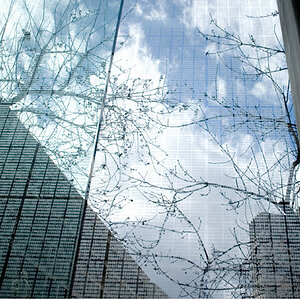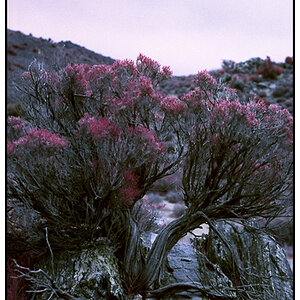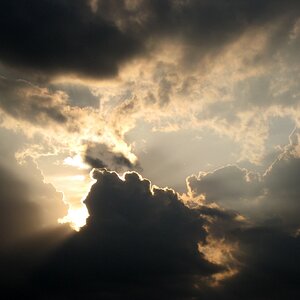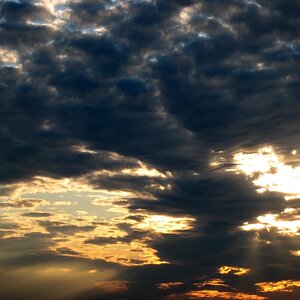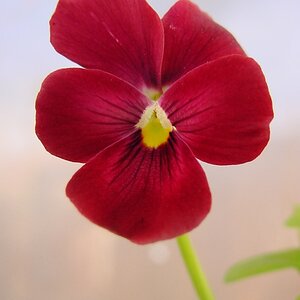Navigation
Install the app
How to install the app on iOS
Follow along with the video below to see how to install our site as a web app on your home screen.

Note: This feature currently requires accessing the site using the built-in Safari browser.
More options
You are using an out of date browser. It may not display this or other websites correctly.
You should upgrade or use an alternative browser.
You should upgrade or use an alternative browser.
Haze filters - Anyone have any thoughts?
- Thread starter djrichie28
- Start date
Helen B
TPF Noob!
- Joined
- Sep 16, 2007
- Messages
- 3,296
- Reaction score
- 467
- Location
- Hell's Kitchen, New York
- Can others edit my Photos
- Photos NOT OK to edit
A ray that is perpendicular to the plane of the filter will be undeviated, and this corresponds to zero displacement, and hence zero CA caused by the filter.
The displacement does indeed only happen for rays that are not perpendicular. As I attempted to explain in my previous post the amount of CA is likely to be "entirely insignificant for filters that are in front of the lens". It doesn't really matter if there are other flaws such as flare: CA would not be an issue even if the filter was otherwise perfect. The displacement itself is also unlikely to be an issue.
Best,
Helen
The displacement does indeed only happen for rays that are not perpendicular. As I attempted to explain in my previous post the amount of CA is likely to be "entirely insignificant for filters that are in front of the lens". It doesn't really matter if there are other flaws such as flare: CA would not be an issue even if the filter was otherwise perfect. The displacement itself is also unlikely to be an issue.
Best,
Helen
A ray that is perpendicular to the plane of the filter will be undeviated, and this corresponds to zero displacement, and hence zero CA caused by the filter.
The displacement does indeed only happen for rays that are not perpendicular.
Correct. That's the theory. "A ray that is perpendicular to the plane of the filter", however, is an infinitisimal small part of the total of rays hitting that filter. From all directions. Hence the non-occurrence of aberrations for perpendicular rays is insignificant for all real life intents and purposes.
Helen B
TPF Noob!
- Joined
- Sep 16, 2007
- Messages
- 3,296
- Reaction score
- 467
- Location
- Hell's Kitchen, New York
- Can others edit my Photos
- Photos NOT OK to edit
Correct. That's the theory. "A ray that is perpendicular to the plane of the filter", however, is an infinitisimal small part of the total of rays hitting that filter. From all directions. Hence the non-occurrence of aberrations for perpendicular rays is insignificant for all real life intents and purposes.
Sorry, I didn't mention that because I thought that it was obvious and because it is largely irrelevant: the CA caused by non-perpendicular rays is also insignificant in the situation we are discussing. The whole issue is insignificant and there appears to be no reason, other than contrariness and a carefree willingness to display your lack of understanding, for raising it.
Best,
Helen
Ben-71
TPF Noob!
- Joined
- Apr 28, 2008
- Messages
- 203
- Reaction score
- 0
- Location
- Israel
- Can others edit my Photos
- Photos NOT OK to edit
UV filters (a.k.a. haze filters) are useful when there is excess UV light to be filtered.
UV filters (a.k.a. haze filters) are useless when there is NO excess UV light to be filtered!
Worse: they compromise image quality unneccessarily (increased flare, focal softness, chromatic aberration).
So when is there excess UV light that needs filtering? That is 1) at altitude (say, over 3,000 feet), 2) in the desert or savannah, 3) at the beach, 4) at sea, or 5) in snowscapes.
If you're not in any of these circumstances don't use a UV filter (a.k.a. haze filter), because it won't enhance the image, but instead deteriorate it.
B+W) do not reduce quality in any way.
Ben-71
TPF Noob!
- Joined
- Apr 28, 2008
- Messages
- 203
- Reaction score
- 0
- Location
- Israel
- Can others edit my Photos
- Photos NOT OK to edit
Alfred D. Quote:
If "Any glass filter cuts UV", then the lens itself contains even more Any glass filter cuts UV light! Ever gotten a tan behind glass?
A CP is two glass filters! You can take it for granted that it
cuts 99,999% of UV light...
A CP is two glass filters! You can take it for granted that it
cuts 99,999% of UV light...
glass elements, and would have blocked UV even better.
The fact is that it doesn't.
Not only part of the UV wavelengths go through the lens, but it goes
through the UV filter layer (on the sensor) as well.
Not only part of the UV wavelengths go through the lens, but it goes
through the UV filter layer (on the sensor) as well.
Similar threads
- Replies
- 0
- Views
- 118
- Replies
- 8
- Views
- 638
- Replies
- 3
- Views
- 334

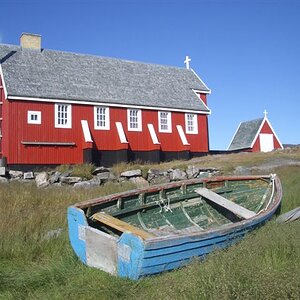
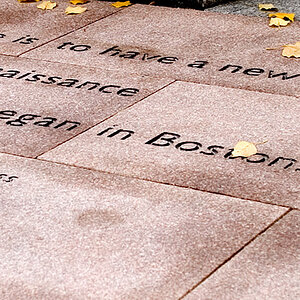
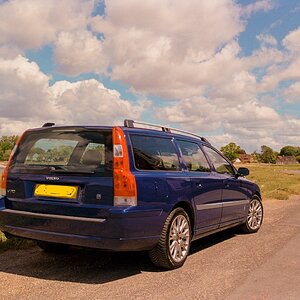
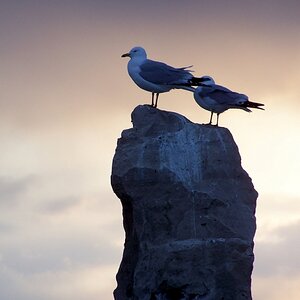
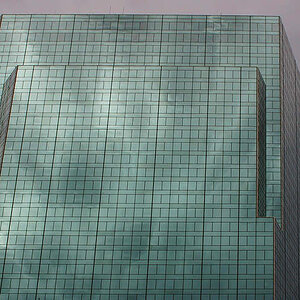
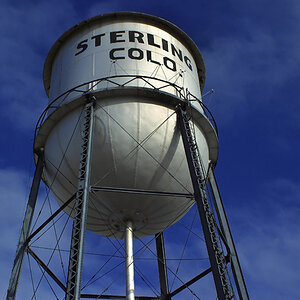
![[No title]](/data/xfmg/thumbnail/34/34040-14af4007923299ad46d35fc110d0faad.jpg?1619736250)
